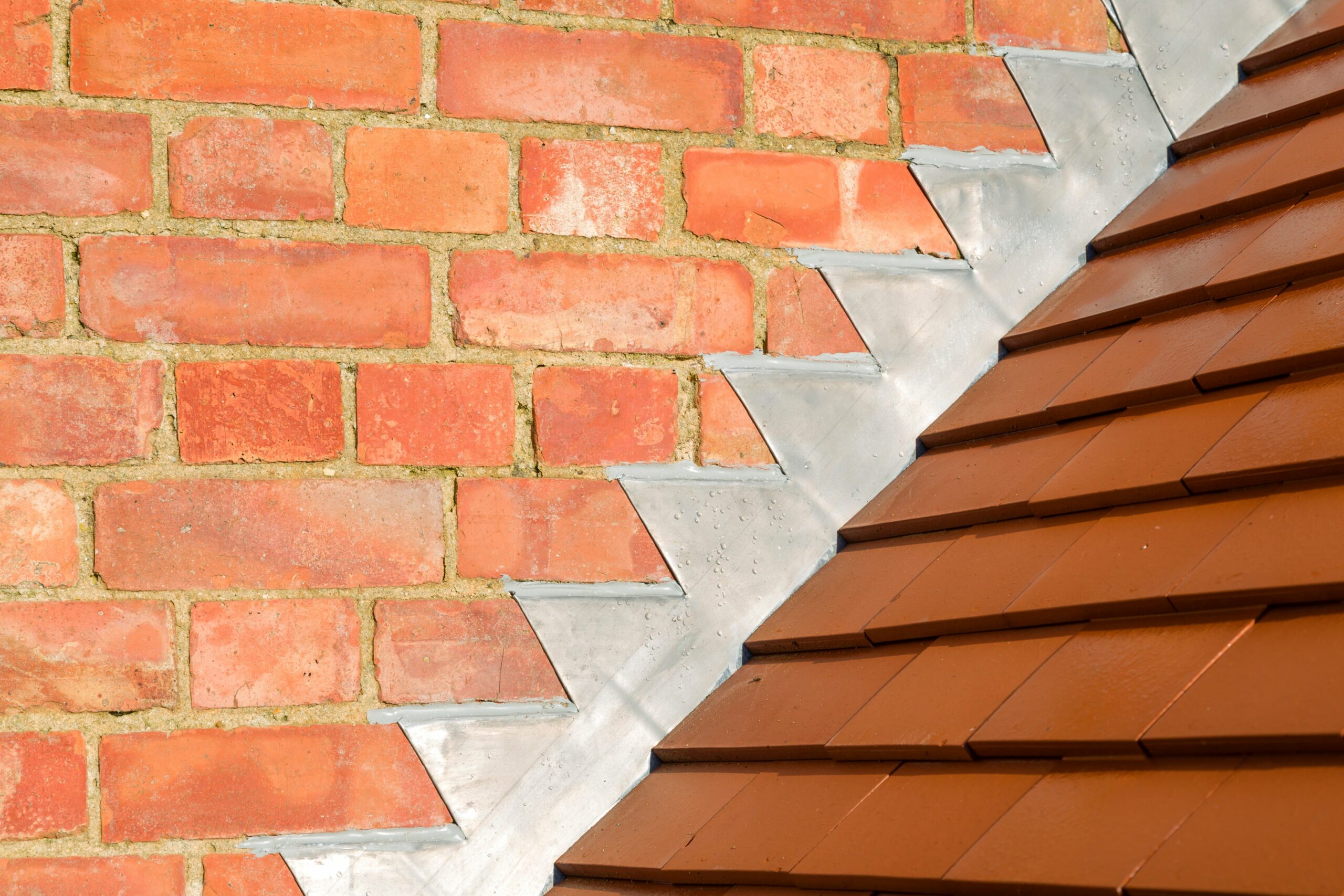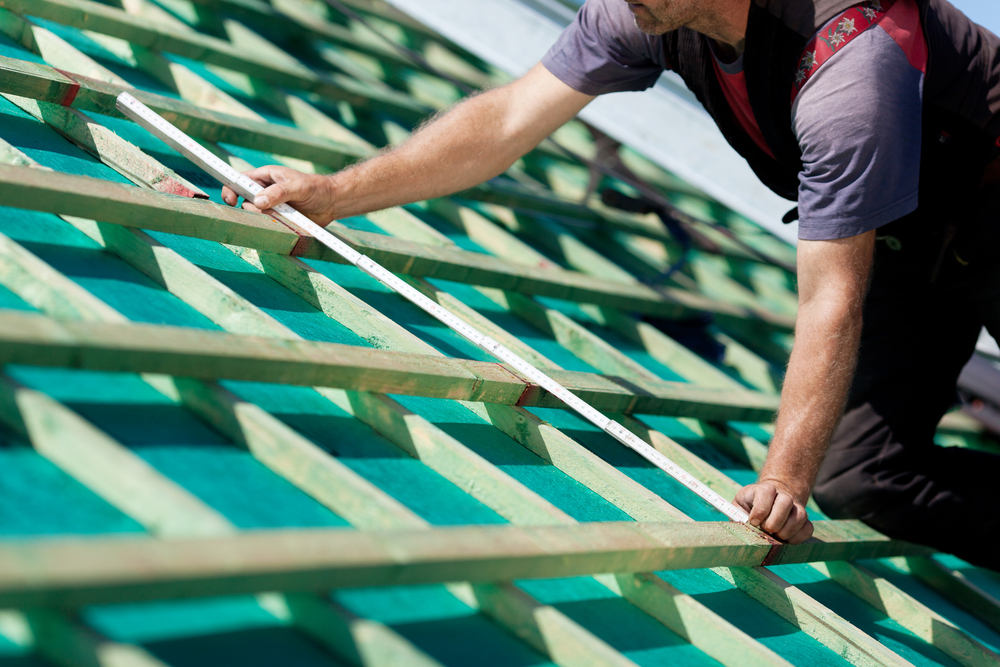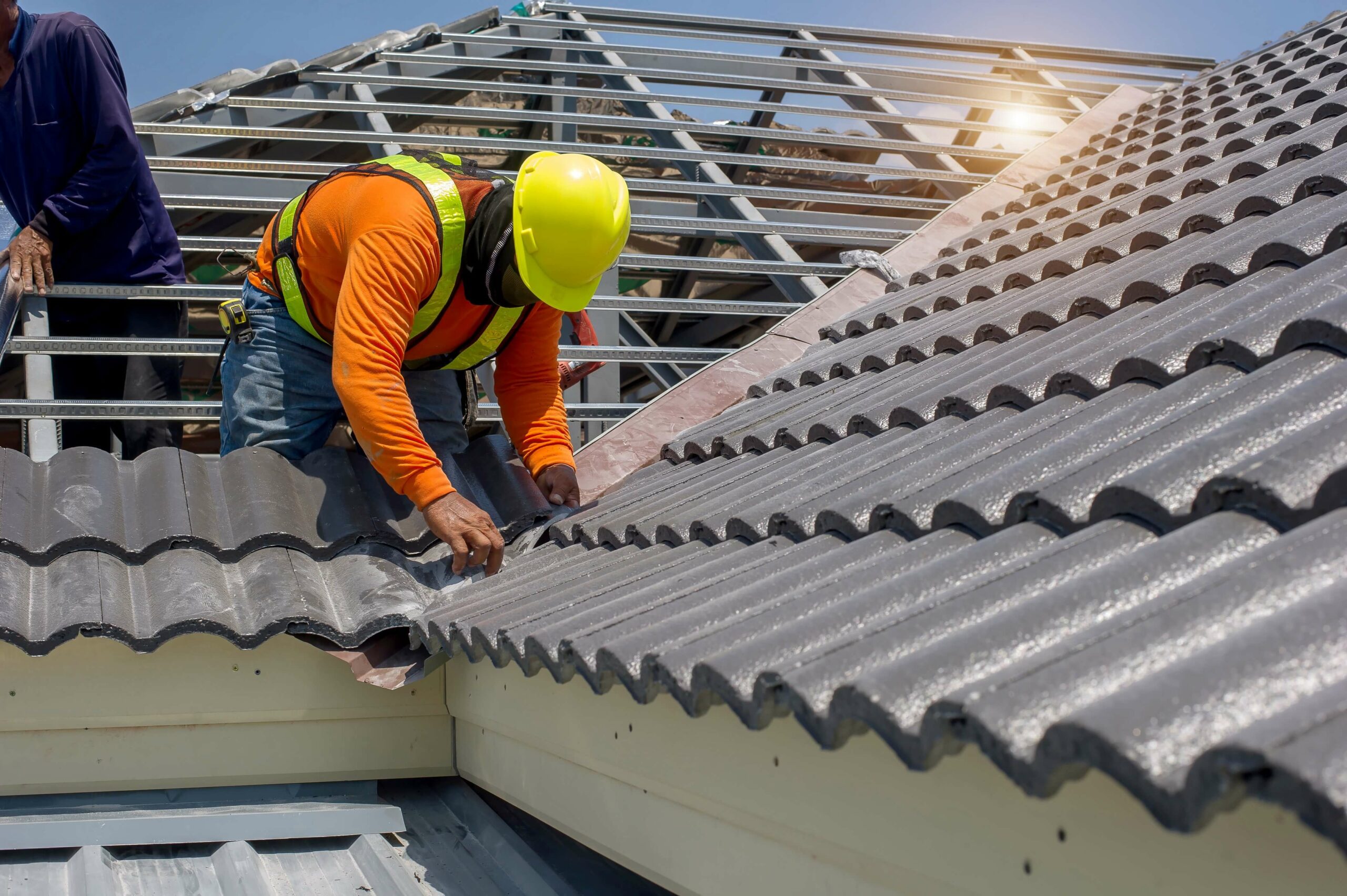Every roof is susceptible to moss growth; however, it is particularly common for moss to damage your roof tiles.
Not only will it make your roof look unsightly, but if you were to leave your roof unchecked for a long period of time, you could find yourself facing many serious, long-term issues.
However, do not fret! There are many different ways that you can get rid of the moss on your roof. Make sure to read on below to find out more about the range of different methods and equipment that you can use to get rid of the existing moss on your roof and how you can prevent it from coming back.
What Actually is Moss?
Moss is a term used to describe ‘non-vascular herbaceous’ plants that grow quickly in wet and damp conditions. In less sciencey terms, they’re small plants that are reliant on damp conditions.
Across the UK, there are many different species of moss, yet they all have one thing in common. They’re fast-growing and able to expand and multiply across your roof in a matter of days.
Moss is often compared to garden weed, yet compared to ordinary garden weeds, moss is highly invasive and an all-round nuisance!
Why Does Moss Grow on Roof Tiles?
Moss growth is much more likely on damp, cool surfaces that don’t receive much sunlight. That means that a north-facing tiled roof will be much more prone to moss growth, as they can quickly root in dark nooks and crannies between and under roof tiles, shingles or slate.
If your roof tiles are made from clay or concrete they’ll be much more susceptible to moss growth, because they have a porous surface and when frequently exposed to rain and damp, they’ll become the perfect environment for moss to root down and spread.
Why Does Moss Cause Damage on My Roof?
Whilst moss isn’t dangerous to humans, it can severely compromise your roof! It’s effective at absorbing moisture, meaning that any moisture leaving your roof will be captured.
Moss is also very good at growing in between roof tiles, filling up the voids between them. This can then lead to lifting tiles and what lies beneath being exposed to the elements.
This can then lead to serious structural problems, including rotting timber and damp insulation.
How Can I Remove Moss From My Roof?
There are several ways that you can remove the moss on your roof, but the method you use should depend on how much is there already.
If your roof is in the early stages of moss growth, with only small patches that haven’t rooted significantly, all you’ll need to do is wash them off with a hose. Using moderate pressure, you should be able to uproot the moss. Make sure to remove every trace, however, as this can soon grow back into a patch of moss again! Most importantly, do not use a pressure washer! This can damage your roof tiles!
Another efficient way to get rid of moss on your roof is by using a brush and other handheld tools to scrape it away. Try a long-handled brush, scrapers and trowels to gently remove the moss. It is important to be incredibly careful when working on your roof to avoid falls and unnecessarily breaking roof tiles. As with any other method, make sure to remove all remnants of moss before finishing to ensure that it won’t grow back in a matter of days.
Finally, one of the most effective and quickest ways to remove moss is by using a dedicated moss remover. All you’ll need to do is apply the product and the results will show quickly. The only additional tools you’ll need are a watering can or a garden sprayer to apply the product.

How Can I Prevent Moss Growing on My Roof?
Now you’ve been able to remove the existing moss on your roof, it’s time to start taking steps to stop it growing back.
Ways to make moss growth less likely include cutting back trees to allow more sunlight onto the roof and cutting back branches to reduce overhand. After all, the moss on your roof won’t just appear, it’s caused by seeds spread onto the roof by branches resting on the roof.
Another great way to prevent moss is with regular cleaning and maintenance. This applies to both your roof and guttering! Drainage systems can be a brilliant breeding ground for moss; they’re damp and dirty after all! Making sure that your gutters are cleared can sometimes be difficult depending on the size of your house, however, it is worth it in the long run in the amount of moss it’ll prevent growing!
What is the Best Time of the Year For Removing Moss From the Roof?
If you have found moss in your gutter, or is visible on your roof tiles, then the time has come for you to get it removed. Whether you use natural treatments, a moss removal spray or involve a professional, it’ll benefit your roof for the long term. Due to the unpredictable weather in the UK, you must find the perfect time to remove moss from your roof tiles. The best time for this is when the moss has completely dried on the roof. You’ll find the summer months the most appropriate time to clear the moss, as iit will brush away easily. Cleaning your roof in wet weather is not only dangerous, but also a very messy job, making the winter months the least appropriate for cleaning moss off the roof. As these plants thrive in wet conditions, it’s’ another reason why you shouldn’t attempt to clean your roof in the rainy seasons.
We hope that the above guide has given you the insight you need to stop moss growing on your roof and how to deal with the existing moss. Remember, after all, prevention is better than a cure! Regular roof maintenance may seem like a hard task in the short term, however, in the long run, it’ll prevent serious damage!
If you are looking for a reputable roofing company to help you to keep your roof in excellent condition, make sure to get in touch with our team here at The Roofing Company Bristol Ltd on 0117 950 2610. We’ll be more than happy to give you all of the advice you need and provide you with an outstanding service that you know you can rely on. We can even provide you with a free quote, based on the task at hand!





